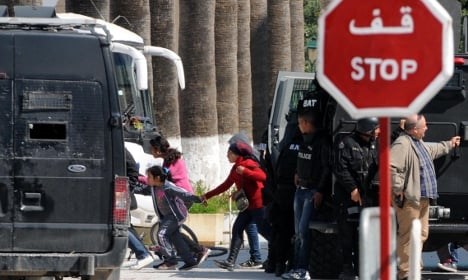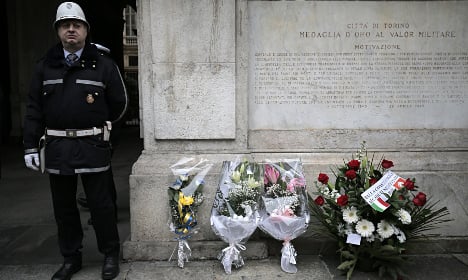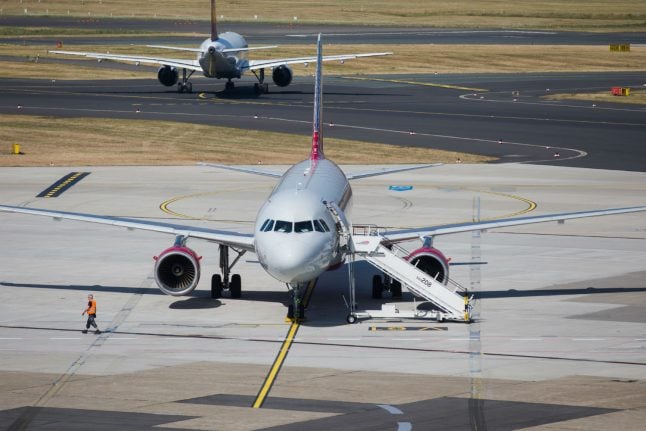The sign of mourning was on Monday morning visible at Italy’s state buildings including those in Turin, the home of two of the victims killed by Islamic extremists last Wednesday.
#Torino:tutte le bandiere a mezz'asta.Oggi l'ultimo saluto alle vittime. #tunisiaattack @RaiUno @vitaindiretta pic.twitter.com/PjeBrvoHW7
— Donatella Cupertino (@Dona_Cupertino) March 23, 2015
The bodies of Antonella Sesino and Orazio Conte, both 54, lay in state at city hall on Sunday, a day after being flown from the Tunisian capital to Turin.
Both had direct connections to the north-western city; Sesino worked at Turin’s city hall whereas Conte, an IT worker, was married to one of its employees.
The two other Italians also hailed from northern Italy. Francesco Caldara, 64, was from Novara, while 72-year-old Giuseppina Biella lived in Meda near Milan, Italian media reported.
Prime Minister Matteo Renzi on Saturday joined the victims’ relatives in Rome for the repatriation of the four bodies, before they continued their journey north.
Ho accolto le famiglie dei 4 italiani uccisi a Tunisi e le salme dei loro cari.Ho condiviso con loro il dolore e l'abbraccio di tutta Italia
— Matteo Renzi (@matteorenzi) March 21, 2015
Government representatives will be present at the funerals taking place on Monday, Rai News said.
The Italians were amongst 21 people killed in Tunis when gunmen opened fire on tourists arriving at the Bardo Museum. French, Spanish and Japanese visitors were among the victims.




 Please whitelist us to continue reading.
Please whitelist us to continue reading.
Member comments